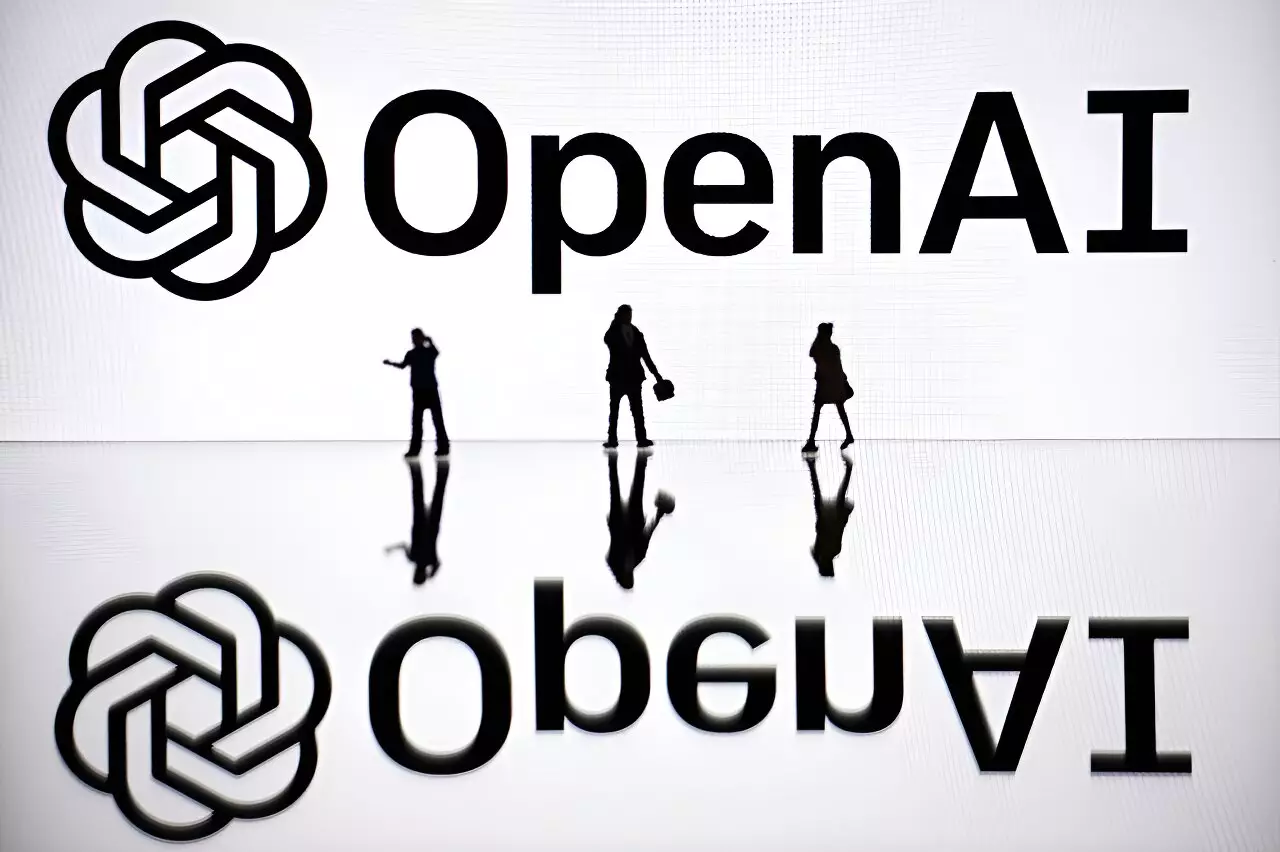OpenAI has recently introduced a voice-cloning tool named “Voice Engine” that is designed to replicate speech patterns based on a short audio sample. While the technology has the potential to revolutionize various industries, including entertainment and education, the company is taking a cautious approach to its release due to the significant risks associated with the misuse of synthetic voices.
Implications for Election Security
In light of the upcoming election year, there is growing concern among disinformation researchers about the misuse of AI-powered tools, such as voice cloning, to deceive and manipulate voters. The recent incident involving a political consultant using a voice-cloning tool to impersonate a presidential candidate highlights the urgent need for safeguards to prevent such malicious activities.
OpenAI has stated that they are working closely with government agencies, media organizations, entertainment industry, educational institutions, and civil society groups to gather feedback and ensure responsible deployment of the Voice Engine tool. By engaging with a diverse range of partners, the company aims to address potential risks and ethical concerns associated with synthetic voice technology.
Ensuring Informed Consent and Transparency
One of the key safeguards implemented by OpenAI is the requirement for explicit and informed consent from individuals whose voices are being duplicated using the Voice Engine tool. Additionally, the company emphasizes the importance of transparency by clearly indicating when AI-generated voices are being used, allowing audiences to distinguish between real and synthetic content.
To prevent misuse and unauthorized distribution of synthesized audio, OpenAI has implemented a series of safety measures, including watermarking to trace the origin of generated content. The company also conducts proactive monitoring to track the usage of Voice Engine and ensure compliance with ethical standards and legal regulations.
While voice-cloning technology holds immense potential for innovation and creativity, it also poses significant threats to privacy, security, and trust in the digital age. OpenAI’s decision to control the release of Voice Engine reflects a responsible and ethical approach to developing AI tools, prioritizing the protection of individuals’ rights and mitigating the risks of synthetic voice manipulation. As the company continues to collaborate with stakeholders and implement safety measures, it is crucial for the broader tech industry to uphold ethical standards and accountability in the deployment of AI technologies.


Leave a Reply